 |
 |
 |
 |
|
 |
 |
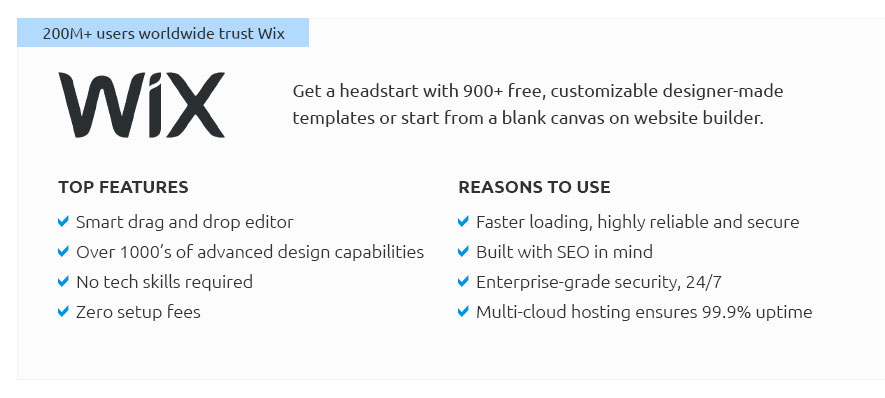 |
|
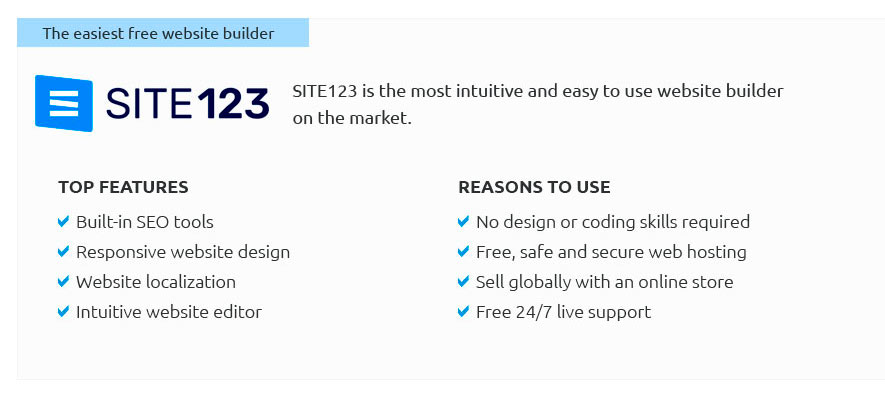 |
|
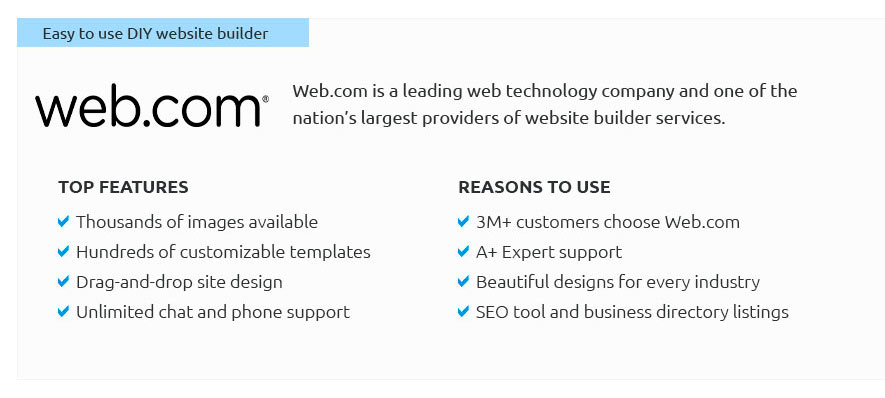 |
 |
|
 |
|
 |
|
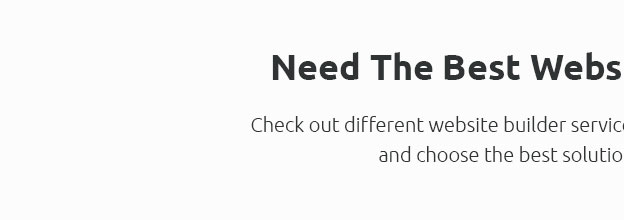 |
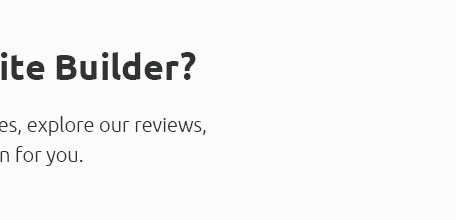 |
Mastering the Art of Website Building: A Comprehensive GuideIn the ever-evolving digital landscape, creating a website has become an essential skill, not just for tech enthusiasts, but for anyone wishing to establish an online presence, whether it's for a personal blog, a burgeoning business, or a nonprofit organization. Website builders have emerged as powerful tools, simplifying the process by allowing users to craft aesthetically pleasing and functional sites without needing to delve into the complexities of coding. However, choosing the right website builder and understanding how to leverage its features can be daunting. Here, we will explore how to effectively use a website builder, with a focus on things to consider to ensure you make the most out of your digital endeavor. Understanding Your Needs Before diving into the technicalities, it's crucial to clearly define the purpose of your website. Are you looking to sell products, share your portfolio, or perhaps start a blog? Different builders cater to different needs. For instance, if e-commerce is your primary goal, platforms like Shopify might be more suitable, whereas WordPress excels in content management. Understanding your needs will help narrow down your options. Evaluating Features and Flexibility Once you have clarity on your goals, it's time to evaluate the features offered by various builders. A good website builder should provide a range of templates, intuitive drag-and-drop editors, and mobile responsiveness, which is increasingly important in today’s smartphone-dominated world. It's also worth considering the level of customization available, as this can significantly impact the uniqueness and functionality of your site. Remember, a tool that offers flexibility in design and functionality will allow you to grow and adapt your site as your needs change. Cost and Scalability Another critical factor is cost. While there are free options available, these often come with limitations such as branded domains or restricted features. Paid plans vary widely, so it's important to consider your budget and the value you're getting in return. Additionally, think about scalability. Your website might start small, but as your audience grows, your site will need to handle increased traffic and potentially offer more features. Ease of Use and Support The usability of the website builder is paramount, especially for beginners. A steep learning curve can be discouraging, so choose a builder with a user-friendly interface and comprehensive customer support. Access to tutorials, forums, and direct support can make a significant difference in your building experience, helping to swiftly resolve issues that might arise. SEO and Integration In today’s digital age, simply having a website isn’t enough; it needs to be visible. Therefore, consider the SEO capabilities of the website builder. Features such as meta-tag editing, sitemap generation, and analytics integration are essential for optimizing your site’s visibility on search engines. Additionally, consider the integration capabilities with other tools and platforms you might need, like social media, email marketing, and payment gateways.
In conclusion, while website builders have democratized the process of website creation, allowing virtually anyone to create a web presence, the key lies in choosing the right platform and utilizing its features to the fullest. By considering your needs, evaluating features, and planning for the future, you can build a website that not only meets your current requirements but is also adaptable to future demands. The digital world is your oyster, and with the right tools, your website can be a pearl in it. https://www.namecheap.com/support/knowledgebase/article.aspx/10028/2182/what-is-website-builder-and-how-to-use-it/
When you start, you'll select a theme from a huge variety of templates - you never have to choose between cPanel hosting vs. visual website builders. From there ... https://www.youtube.com/watch?v=U_5WFooKLTY
What tutorial videos do YOU want to see? We can help! Comment below or comment via the community. https://www.hostgator.com/blog/what-is-a-website-builder/
Anyone Can Use a Website Builder ... The point of website builders is to make it possible for anyone to create a website. Even if you're a total ...
|